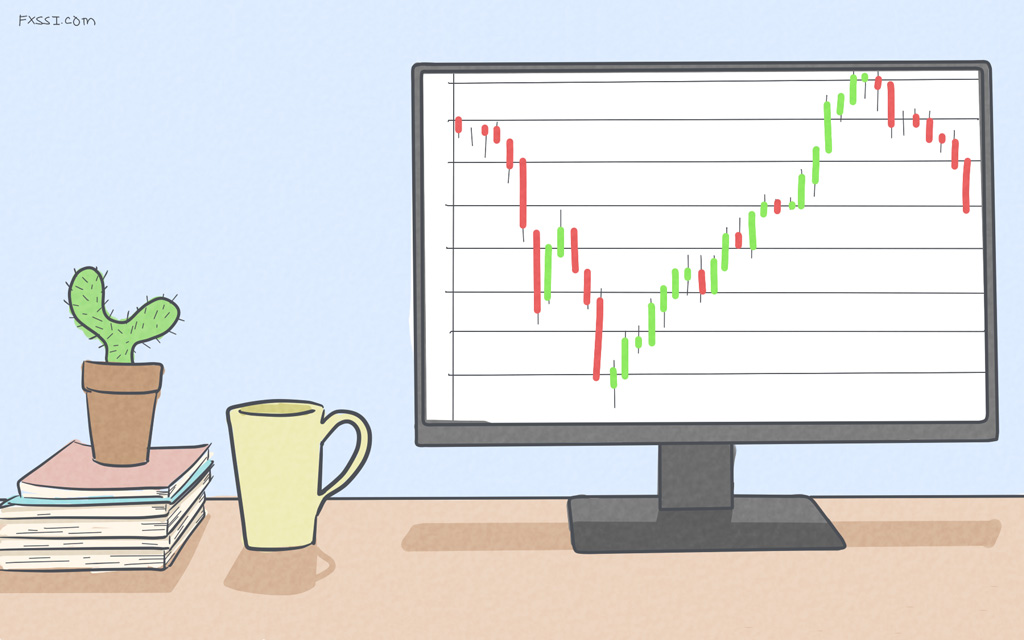Reconciling Work and Forex Trading
Novice traders are unaware of how to reconcile work and trading. Should they leave their main jobs for full-time trading in the Forex market and when to consider trading as a primary source of income?


These questions had been of concern to professional traders and now to beginners.
In this article, we’re going to try to answer these challenging questions as clearly, reasonably, and correctly as possible and give some recommendations for novice traders.
Does It Make Sense to Reconcile Trading and Work? If Yes, Then How?
The questions are very hard to answer and provoke a lot of discussions on specialized websites.
The next two parts of the article are in direct contradiction to each other – “Why shouldn’t you leave your main job?” and “Professionalism should be devoted as much time as possible in trading”. When you read them, you’ll realize how you can reconcile these two divergences or which of them should be the most preferable for you.
Why Shouldn’t You Leave Your Main Job?
The first reason is that your job is most likely your primary source of income. Unless, of course, you’ve got an inheritance or have large savings, rich parents or spouses, in such case, you can think of how to engage exclusively in Forex trading. However, in other cases, don’t rush to go full-time trading, since you need to understand that you won’t immediately gain income.
Many believe that they’ll be able to make fabulous profits on their accounts just after the first month of efforts. In addition, oil gets poured on the fire by wicked brokers telling success stories of traders, who have learned to trade in a month, and thus luring naive beginners.
However, it’ll take you at least a year, if not more, before your account can remain in the state of neither profits nor losses. Just imagine how much time you need to get a profession of surgeon, teacher or programmer. It takes more than 5 years to study at a higher educational institution, following which you’re about to have internship before becoming an expert in your area. Trading is no less difficult work than those mentioned above, and many argue that it’s even more difficult to some extent.
You should be prepared for spending tons of time on study and practice – it means that you’ll need money throughout the period of life.
Professionalism Should be Devoted as Much Time as Possible in Trading
A well-known scientific research says: “If you want to become an expert in a certain area, you need to devote more than 10 thousand hours of pure time to study/practice it”. The given rule applies to trading as well. It will take a very long time to learn all the basics and key features of trading, be able to adapt to the work psychologically and develop disciplinary skills.
That’s why it’s necessary to devote as much time as possible to the study and practice of trading, but it’s best if you devote all the time! Get involved, analyze, read, and study even if it takes all day and night!
If you want to become an expert in this not easy professional area, you’ll have to be better than 95% of your fellow workers: it means that a superficial examination of indicators or reading one book in a month won’t do you any good.
What’s to be Done Then?
If you’ve a passive source of income or you’re engaged in freelancing at home and constantly sitting next to your computer, of course, you can set aside most of your time to learn the basics of trading. Otherwise, you’ll have to effectively reconcile trading and your work.
We present you a basic algorithm for reconciling trading with your work and advices on how to implement it so that you can gain the maximum efficiency. Novice traders should immediately realize that they’ll need to devote the maximum time to the study. Therefore, they’ll have to reduce the time taken to walk, meet with friends, have parties and do other things, if they’ve chosen to become a professional and succeed in the shortest possible time.
Algorithm for Effective Professional Development of a Trader While Reconciling With Work
Stage #1. Study
At the first stage, set aside most of your free time to study the basics of trading. Read specialized books and articles wherever and whenever possible – before your go to work, at lunchtime, on the subway on your way to work and, of course, after work. Study until you begin to understand all the terms and messages posted on specialized websites. Select the list of books on trading and read them before you go to bed. You should also search for specialized online forums or chats in your spare time, try to find a mentor or download ready-made video tutorials on the web. At the first stage, treat trading as a passion. Trading can replace the time you usually spend on watching TV programs and series, playing video games, mindless surfing the web, etc.
The first stage should last at least 3 months. However, even after you complete this stage, go ahead with learning new terms, principles, methods, and techniques of trading.
Stage #2. Demo Trading
Greater attention should be devoted to practice at the second stage. To do this, you need to register a demo account and acquire your first experience. If the time of the major trading sessions coincides with your working hours, you can use specialized trading simulators having the price history or trade during available trading sessions after your work.
When you learn to trade on a demo account, start developing your own trading system and accustom yourself to keep a detailed log of your trades.
The second stage should also last at least 3 months, but it can be completed in full only when you get the following results:
- ready and tested by you personally formulated trading system;
- stable trading results obtained on a demo account;
- completed log of trades over 3 months.
Stage #3. Microtrading
At the third stage, you may move to real-money trading. Deposit the minimum amount of money into your account, trade with the smallest lot size and keep observing all the rules of the first and second stages at the same time: study, testing your trading system, and logging.
As in previous cases, the third stage should take at least 3 months. When it’s over, you should obtain stable results. Otherwise, continue the practice of microtrading until you have your deposit growth for 3 months in a row. At that, there is no need to strive for high interest income, since it’s enough to gain 3-5% monthly income for 3 months in a row.
Stage #4. Full-Featured Trading
The last stage is a full-featured trading where you may use a considerable amount of funds. When you proceed to this stage of trading, you should already have a ready-made trading system, be able to make trades in a disciplined manner, keep record of your trading, and gain some experience of real-money trading as part of the third stage described above.
Only when the fourth stage (it should also last at least 3 months) is over, you may look into whether to leave your main job in favor of trading. If you show stable results over this period and have a sufficient deposit amount to make more money than you do at your main job, it makes sense to think about moving to full-time trading.















